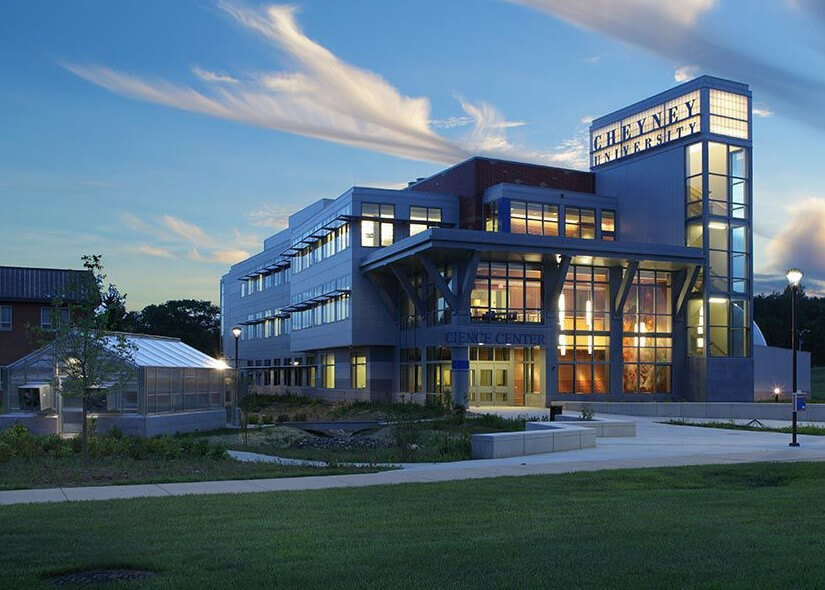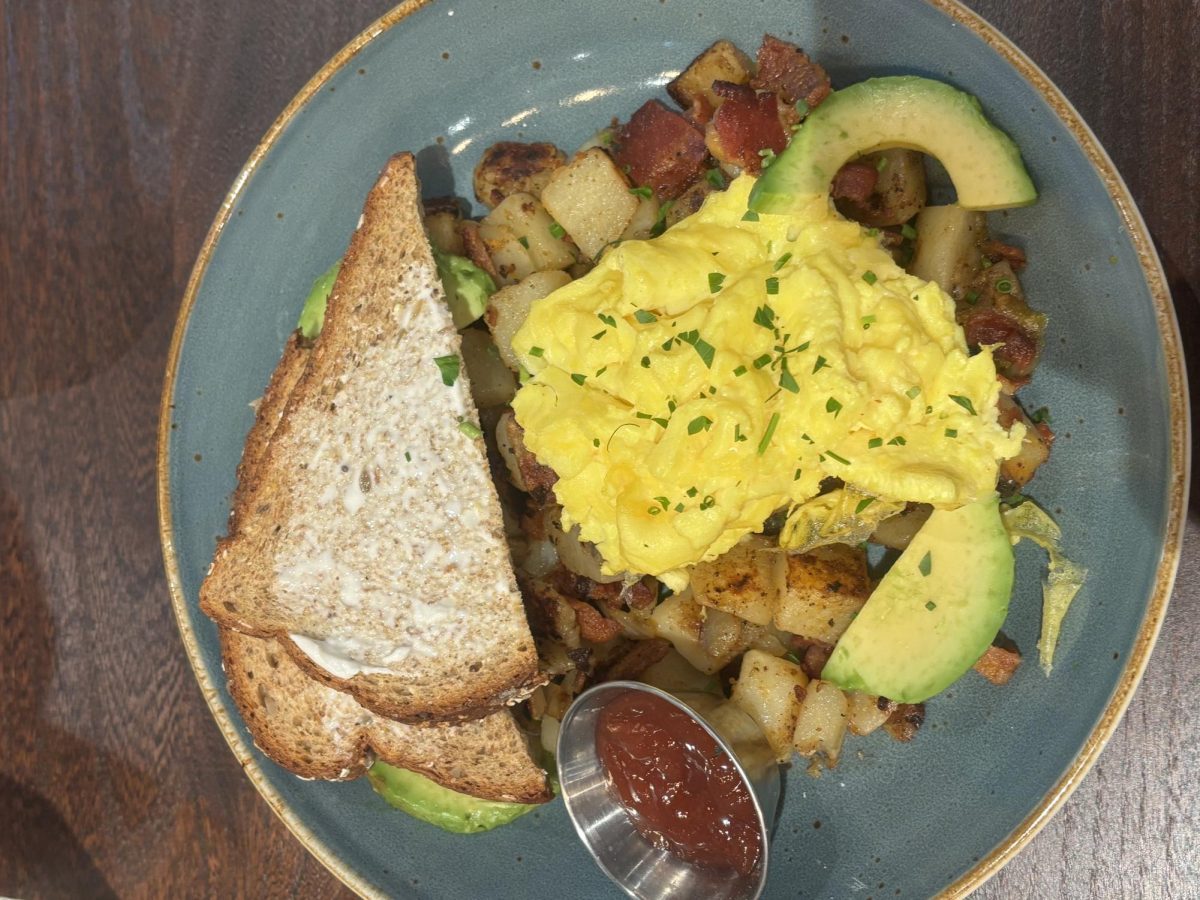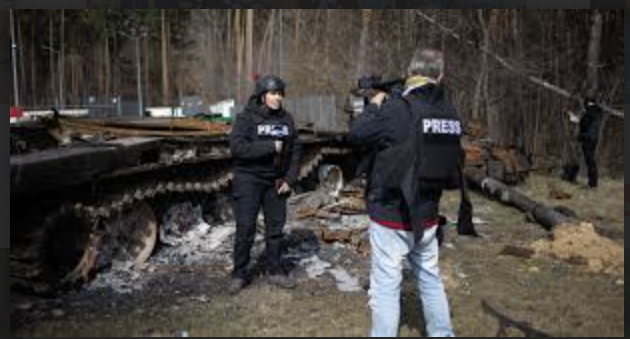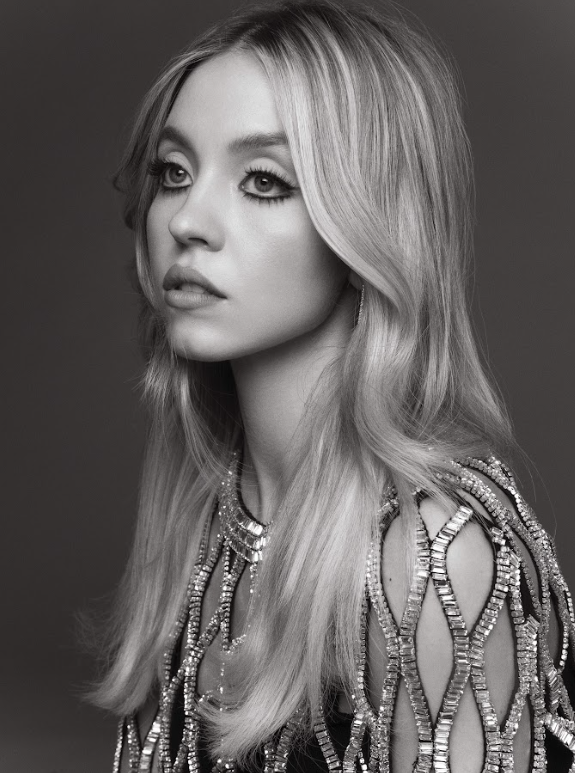Have you ever felt out of place in a classroom setting because of the color of your skin? Have you ever wished you were in a school community with like-minded individuals that come from a similar background as you? If the answer is yes, consider applying to HBCUs as you venture into your college application process.
HBCU, which stands for Historically Black Colleges and Universities, includes any college established before 1964 with a mission to educate African American students. There are approximately 107 colleges and universities deemed HBCUs across the country, with over 228,000 students enrolled, according to the U.S. Dept. of Labor. Political figures, celebrities and other influential people who have attended HBCUs include Oprah Winfrey, Debbie Allen, Kamala Harris and Chadwick Boseman.
HBCUs are not only a safe space for students of color, they build a special sense of community for like-minded individuals. Dean Kermit Blakely, who attended Alabama A&M University and graduated from Langston University, said “It built sort of a different sort of confidence in me and made school, I think, not just a challenging place to be, but also it was more of a family atmosphere, and it was fun.”
The creation of HBCUs came about in 1837 when a man named Richard Humphreys established the African Institute, now called Cheyney University in Pennsylvania. HBCUs were established after decades of discrimination for African Americans in education, specifically higher education. In 1799, a Black man by the name of John Chavis was accepted into Washington and Lee University, becoming the first African American known to receive a college education in the United States. However, in the centuries following, Blacks were not welcome and experienced extreme discrimination just for trying to get an education.
HBCUs were founded to address that inequality, and in the process have been recognized as some of the best colleges and universities in the nation. According to U.S News and World Report ,Howard University is currently ranked #86 of National Universities in the nation and Spelman College, an all-women’s school, is ranked #40 in National Liberal Arts Colleges.
Spelman College was also recently awarded the largest donation an HBCU has ever been given in history, at $100 million in January 2024. Recently, I visited both the Spelman and Howard campuses and was impressed by the Black excellence that was exhibited at both. The campuses were also both beautiful and rich in history, with archaic buildings, plaques and statues all around. There are actually stewardships put in place to preserve specific historic buildings and landscapes at some HBCUs.
Lanashia Blyther, Howard University student and ambassador, said, “They pour so much into us here at HBCU, especially as Black individuals in a field where people automatically, because of our skin tone, don’t like us.” She then went on to describe that being at a school where such influential people have walked the same hallways, including Vice President Kamala Harris, makes her feel “untouchable.”
Besides the history of the schools themselves, another component of HBCU culture is the presence of the Divine Nine. The Divine Nine, also known as the National Pan-Hellenic Council, comprises nine Black fraternities and sororities. Each has different goals and traditions, but the core value of the Divine Nine is to educate and uplift Black communities from racial inequalities.
Blakely is a part of Omega Psi Phi. He explained how his fraternity gives away scholarships, has mentorship programs and strives to be active members of their community. The four pillars that symbolically make up Omega Psi Phi Fraternity are manhood, scholarship, perseverance and uplift. Blakely says “It’s really about how do you give back, or how do you help someone else?” Although certain fraternities and sororities are on other non-HBCU campuses, divine nine fraternities and sororities are a prevalent part of the culture, history and atmosphere of HBCU campuses.
For any Oak Park and River Forest student looking for a school with a good sense of community and an inclusive space for others with similar backgrounds, an HBCU just might be the place for you. OPRF senior Justin Robinson made his decision to apply to HBCUs because he “feel[s] like it’ll definitely be a good branch out and break from seeing all the stereotypical things that happen in white education systems.” For more information about applying to HBCUs, speak to your counselor and check college callers in the Daily Bulletin.







